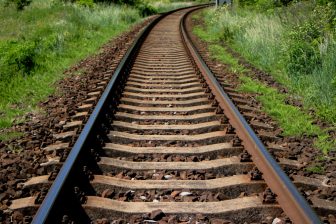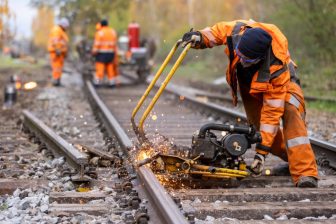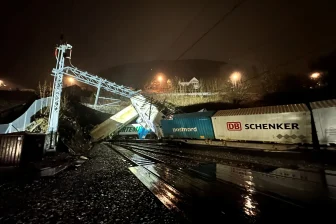ProRail DataLab: smooth implementation is the next challenge after experiment
Dutch infrastructure manager ProRail started in 2017 with DataLab, a special cooperation that is engaged in developing new solutions for preventing faults using data analysis and sensoring. The first experiments of the lab have now been implemented or are approaching this phase.
Want to read more?
You have read all of your free premium articles for this month. Please become a subscriber to keep reading.
Subscribe now!
Take advantage of our exclusive offer to get full access to all premium content.



